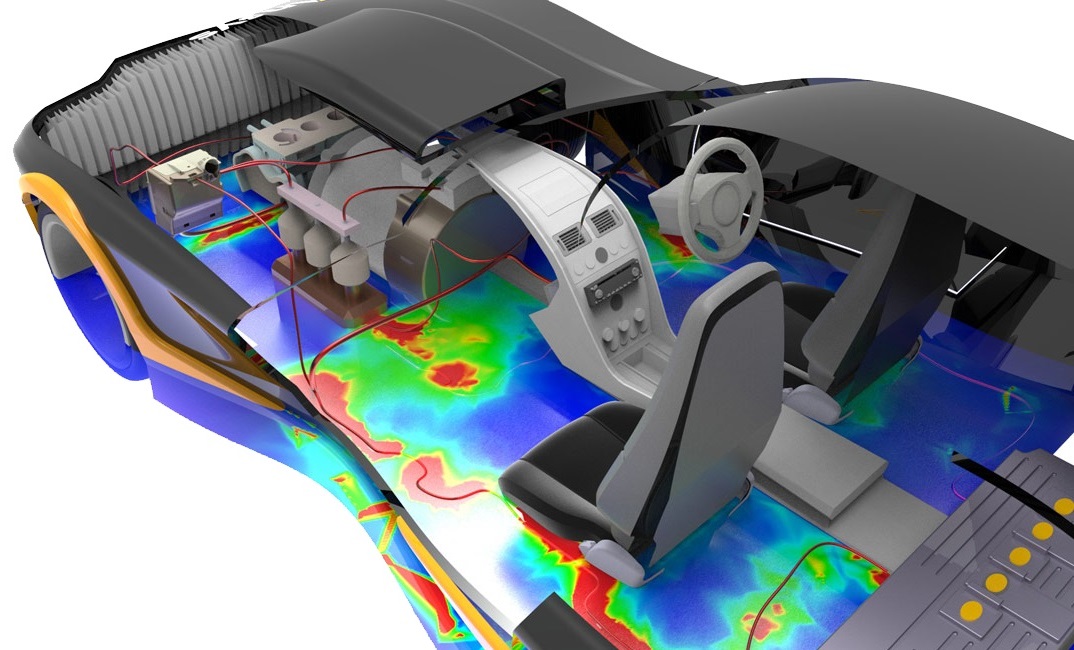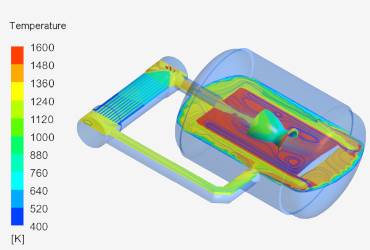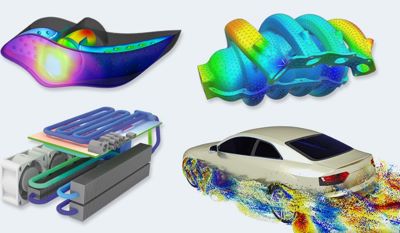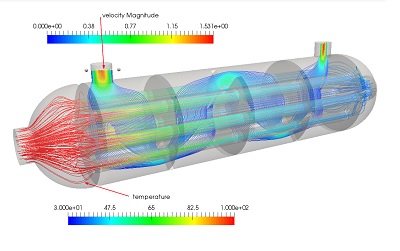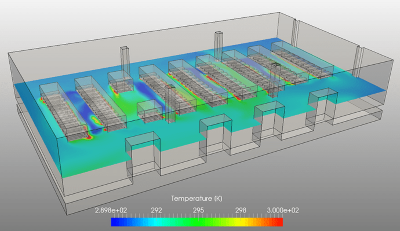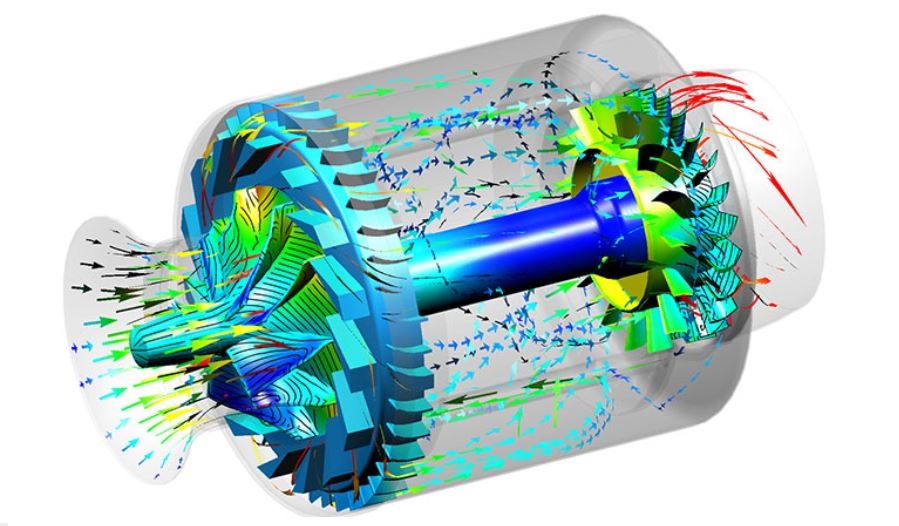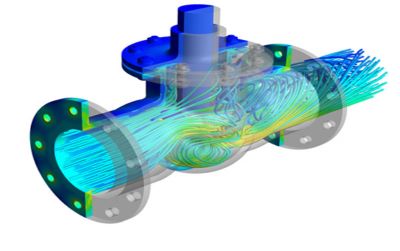Join the Best Industry-oriented Ansys Certification Courses
Niharika Institute of Computational Engineering (NICE) is dedicated to providing high-quality education and training in the field of computational fluid dynamics (CFD) analysis. Our carefully designed Ansys certification courses cater to the varying needs of engineering students and professionals, equipping them with the expertise and skills necessary to excel in the industry.
You can join our Ansys certification courses online and offline. They are structured to provide a comprehensive understanding of Ansys Fluent, Ansys CFX and Ansys Workbench, with an emphasis on practical application through industry projects.

